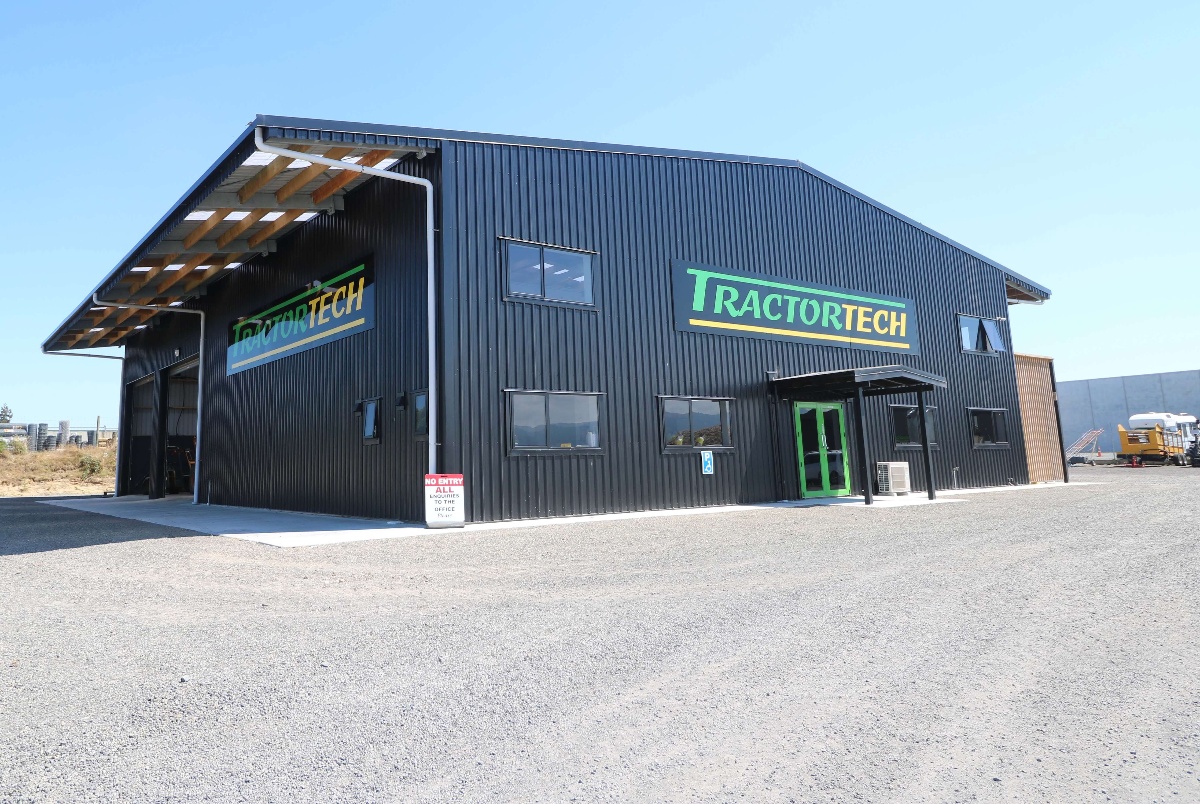6 common mistakes when selling your existing commercial property
Often when our clients are looking to build new business premises, they will need/want to sell their existing property at some point during the process. In this article, we will discuss the following common mistakes to avoid when selling your existing commercial/industrial property:
- Not having Code of Compliance (CCC) on all building work.
- Not having property information prepared or organised.
- Selling without a real estate agent.
- Having above-market expectations.
- Not cleaning/maintaining or preparing before showing or marketing the property for sale.
- Lacking a proper exit/transition strategy.
1 – Not having Code of compliance (CCC) on all building work
Renovations, fit-outs, and extensions are carried out from time to time to existing premises, and ensuring the compliance paperwork is completed and issued can often get missed. Prior to listing your property, it is important to check if there are any outstanding compliance issues such as a Code of Compliance Certificate (CCC) not being issued for the building or subsequent work. This can be checked by obtaining and reviewing the LIM report for the property. Real estate agents have mentioned that it is common for building consent to be granted but no CCC issued. A property without the correct CCC documentation would often sell for significantly less than if the CCC paperwork had been in place. It is recommended that all building work is signed off and Code of Compliance is issued prior to listing your commercial property.
2 - Not having property information prepared or organised
Potential buyers will want to understand a number of things about your property and if you don’t have the property information prepared it will take potential buyers longer to gather the information to make a decision and ultimately purchase your property.
Property info you should consider preparing are:
- Lease documentation – If the property is to be sold with tenants in place, the buyer will want a guarantee that the property’s income will be continuing into the future. Having executed copies available on request of a; Deed of Lease, Deed of Renewal, Deed of Rent Review, and any variations to the lease which has been agreed, help the buyer understand the history of the tenancy to make a more informed decision.
- Building WOF – Ensure you have a current building warrant of fitness and that the building’s specified systems are all in working order.
- For older buildings, it may also be relevant to prepare an Asbestos report and Seismic rating (Initial Siesmic Assesment).
3 – Owners neglect to engage a real estate agent when selling their property
Owners who don’t engage a real estate agent often underestimate their property, and unnecessarily end up taking a loss of profit. A recent example heard from an agent was a property that was sold privately for what the owner thought was a healthy amount. It turned out that the agent had a number of potential buyers that would have been interested in the property and would have been prepared to pay over $500,000 more than what it was sold for!
4 – Having above-market expectations
On the other hand, you need to ensure you don’t offer a property for an unreasonably high amount. Having above-market expectations can discourage potential buyers and prolong the entire sales process. Although you might think it’s not a problem to wait 2-3 years to close a sale, in reality, this approach will only bring future price reductions: nobody is interested in properties that have been sitting on the market for a long time.
5 – Not cleaning/maintaining or preparing the property before showing/ marketing your property for sale
It may seem obvious, but first impressions count. If your property looks run down or shows signs of deferred maintenance buyers will approach with caution or lower their perceived value of the property due to the work they may need to spend to tidy it up.
Make sure the exterior is as attractive as possible. Some relatively low-cost improvements to consider are:
- Remove any immediate eyesores such as rubbish and graffiti and fix broken windows.
- Do the gardening and/or freshly landscape the frontage.
- Get professional tenant signage.
- Wash the building to remove any mould.
- Where the building is looking run down it may be worth giving it a fresh lick of paint.
Internally, it is also important to:
- Declutter the office space.
- Fix any damaged fittings (door handles, leaking taps, etc).
- Give it a fresh coat of paint.
- Remove stained or broken ceiling tiles.
6 – Lacking a proper transition strategy
Often, business owners who are looking to move from an existing premises they own to a new-build premises underestimate the time it may take to plan and complete a new building project and relocate their business. If you are looking to sell your building and rent it back while your new building is being built it is recommended to allow a reasonable time buffer within your Deed of Lease or have a right of renewal clause included. No business owner wants to be without somewhere to run their business from and it would typically be easier to negotiate this at the time of sale rather than at the end of your first term of the lease should the project timeline be extended.
In conclusion, there are a number of things to consider to ensure the best resale value for your existing commercial property and a smooth transition into your new property. If you are in the early stages of considering building a commercial or industrial building, feel free to get in touch with our friendly team of experts who are more than happy to offer some advice. Otherwise, the following resources may also be helpful:
- Free downloadable guide: The guide to selecting commercial land.
- Article: Should I build or buy a commercial building?
- Article: How long does it really take to build a commercial building?
- Article: How to increase the resale value of a new commercial property.


